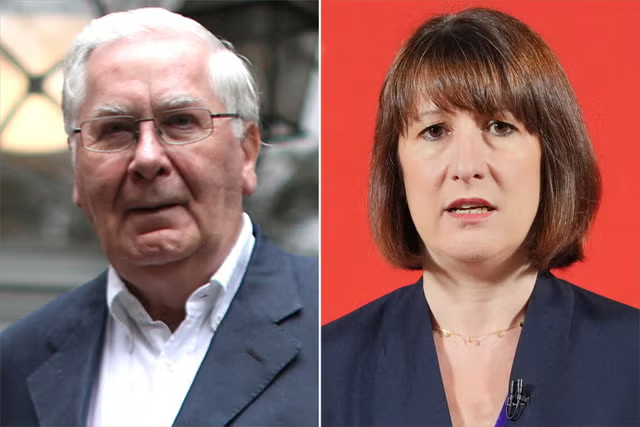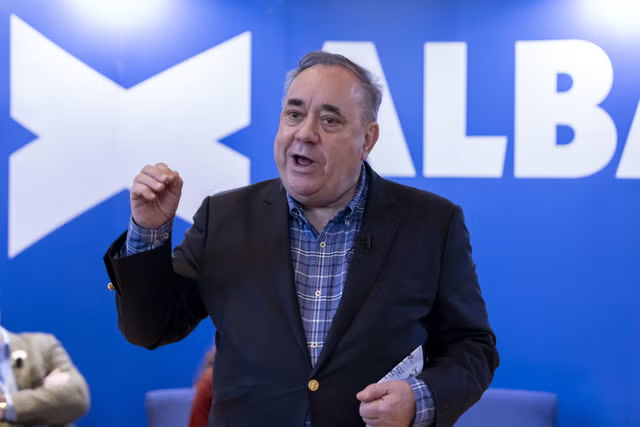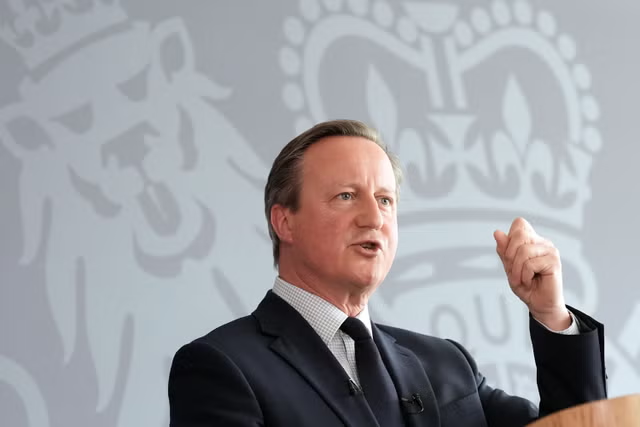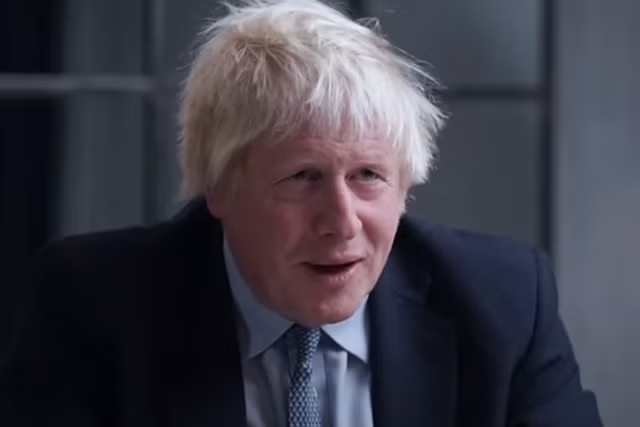Your support helps us to tell the story
Support NowThis election is still a dead heat, according to most polls. In a fight with such wafer-thin margins, we need reporters on the ground talking to the people Trump and Harris are courting. Your support allows us to keep sending journalists to the story.
The Independent is trusted by 27 million Americans from across the entire political spectrum every month. Unlike many other quality news outlets, we choose not to lock you out of our reporting and analysis with paywalls. But quality journalism must still be paid for.
Help us keep bring these critical stories to light. Your support makes all the difference.
Sir Keir Starmer has ruled out the prospect of Britain paying slavery reparations as he prepares for a major Commonwealth summit - with the issue “not on the agenda”, according to Downing Street.
Asked for the Prime Minister’s view on paying compensation relating to Britain’s colonial past, a Downing Street spokesperson said on Monday: “We do not pay reparations.”
The question was put forward ahead of Sir Keir meeting the Commonwealth heads of government in Samoa on 21 October.
The matter of reparations has recently come into focus with Barbados prime minister Mia Mottley reiterating calls for Britain to atone for its past atrocities.
At a recent United Nations event, she said: “The numbers have been looked at and studied by many persons and the figures suggest a minimum of $5 trillion dollars, 4.9 to be precise, is what it would be if we were to be similarly compensated across the board today.”
Ms Mottley also met with King Charles III at Buckingham Palace earlier this month, where she said the issue was discussed.
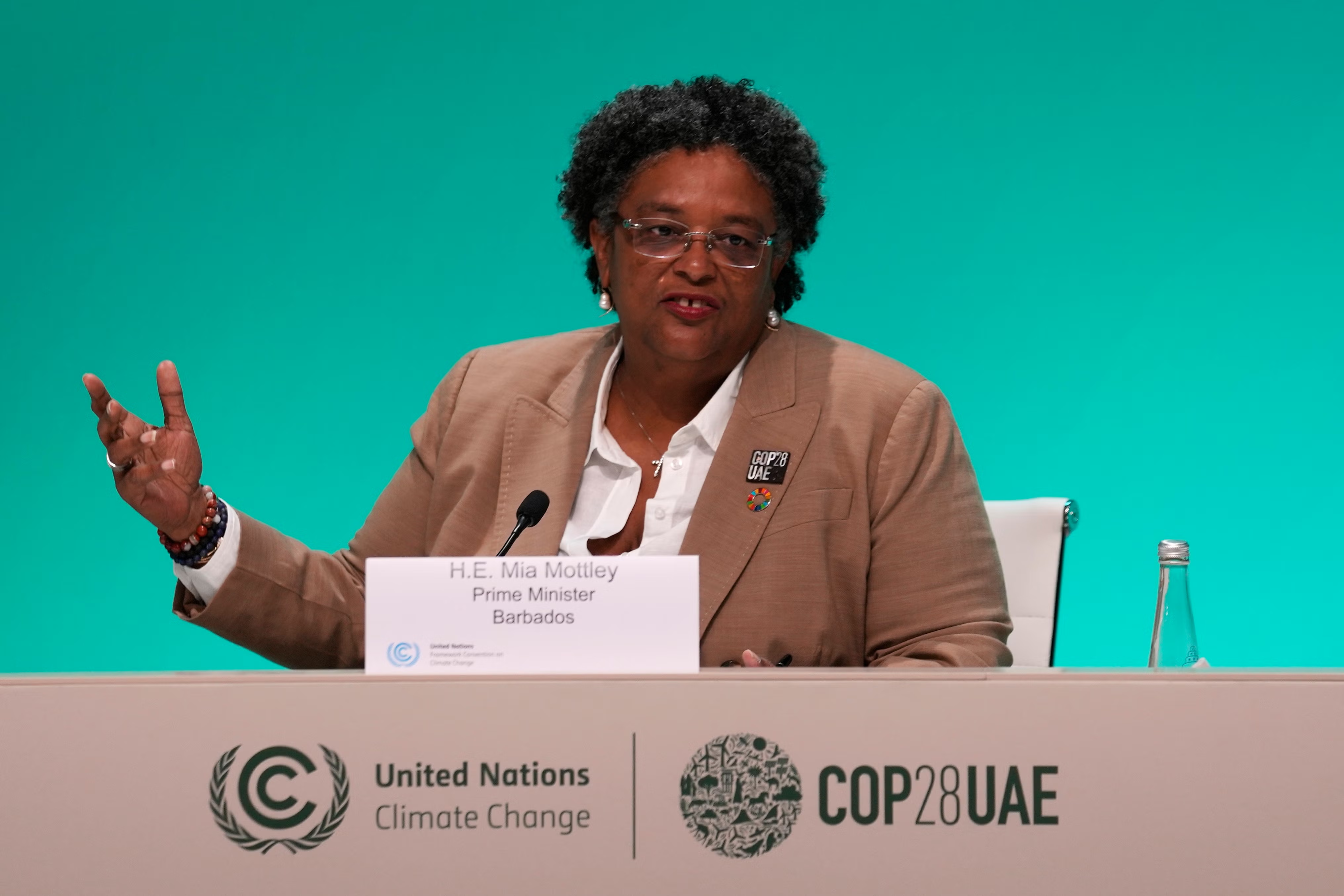
The three candidates - Shirley Botchwey of Ghana, Joshua Setipa of Lesotho and Mamadou Tangara of Gambia - to become the next secretary-general of the 56-nation Commonwealth have supported reparations for transatlantic slavery and colonialism. The vote takes place at the Commonwealth Heads of Government meeting later this month.
It’s believed the issue of reparations will be raised by the Caribbean leaders.
Number 10’s resistance to reparations is in line with the position of the former Tory government, which repeatedly rejected calls for payouts.
In recently resurfaced footage, foreign secretary David Lammy supported the case for measures to compensate for Britain’s role in the slave trade while he was a backbench Labour MP in the wake of the Windrush scandal.
“I’m afraid as Caribbean people we are not going to forget our history – we don’t just want to hear an apology, we want reparation,” Mr Lammy can be heard saying in the clip from 2018.
Technology secretary Peter Kyle defended his Cabinet colleague against questions about the apparent inconsistency of his remarks, telling LBC: “That was David Lammy long before he became Foreign Secretary. Now he speaks on behalf of the Labour Government and this is a new Labour Government.
“We are focused on the future and when we move forward as a country we are thinking globally as well.”
It comes after a Labour MP warned that Britain risks being “left in the cold” if it continues to ignore the growing calls for reparations.
Labour MP Bell Ribeiro-Addy, chair of the all-party parliamentary group on Afrikan reparations, said the UK had a “moral duty” to face up to the past.
“The UN, other governments, religious institutions and NGOs have all accepted they need to address their role in the enslavement of African people and the legacy of racism and impoverishment it left behind,” she previously told The Independent.
“The UK has a moral duty to address reparative justice”.
Members of the British royal family, UK governments and aristocratic families were involved in the trafficking and sale of millions of African people for profit for centuries.
The captives were abducted and transported across the Atlantic to be sold as slaves to work on plantations across its Caribbean and North American colonies.
The same ships returned to Britain carrying slave-grown produce including sugar, tobacco and cotton which was then sold for profit and pumped into Britain’s economy and infrastructure, as well as upper-class families’ coffers.
Disclaimer: The copyright of this article belongs to the original author. Reposting this article is solely for the purpose of information dissemination and does not constitute any investment advice. If there is any infringement, please contact us immediately. We will make corrections or deletions as necessary. Thank you.
